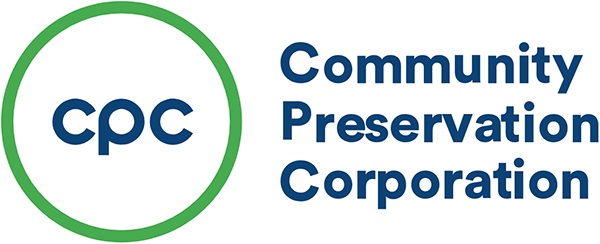The Hill
By Rafael Cestero, Opinion Contributor
March 28, 2017
The President has promised to put “America First,” but when news of his budget dropped I was left thinking, “Where does America come out first in this?”
The Trump Administration has proposed the wholesale elimination of programs that are integral to the infrastructure of our country and to the well-being and stability of hardworking Americans.
The cuts and purging of programs and agencies, across the spectrum of the federal government, are jaw-dropping.
For the country’s housing infrastructure, a roughly 13 percent cut to the Department of Housing and Urban Development’s (HUD) budget including the elimination of its Community Development Block Grant (CDBG) and HOME programs, and the draconian cuts proposed to its Section 8 program would be crippling in ways that I believe the Administration has not considered.
The beauty of CDBG is its versatility, and the impact of its loss will be felt far and wide. It’s an essential source of funding for disaster recovery; especially useful in aiding cities in recovering after severe weather events like floods, hurricanes, tornadoes, etc.
All you need to do is look to the coastal states ravaged by Katrina and New York and New Jersey’s recovery from Sandy to see how vital it is. CDBG was also a critical resource that funded programs nationwide to stabilize communities and aid families hardest hit by the foreclosure crisis.
Additionally, New York City’s housing agency uses CDBG to help fund its housing and maintenance code enforcement activities that ensure the stability and good condition of the City’s entire rental housing stock; it funds the code inspectors, maintenance staff, housing litigation experts, and programs that allow the city to respond to housing emergencies that affect all New Yorkers.
By HUD’s own definition, the “HOME program is used by State and local governments to meet the specific needs of low-income families and underserved populations.”
It is probably best known as a source of funding for the creation and preservation of approximately 1.2 million units of affordable housing for low-income families in cities large and small across the country.
Let’s be clear. When we talk about defunding Section 8 it means taking away the ability of very low-income families to pay rent, and these already at-risk households will be staring squarely at the specter of homelessness. Landlords who depend on the rental subsidy from these tenants will also lose income that they need to keep their buildings physically and financially stable.
Section 8 is also used to finance the creation of deeply affordable supportive housing for populations such as formerly homeless veterans, youth aging out of foster care, and those with mental handicaps who need additional services.
The Administration’s budget director, Mick Mulvaney said that the cuts to HUD are designed to “go after waste,” and eliminate programs that, “can’t justify their existence.” I would urge Mr. Mulvaney to look at the data.
According to the Center on Budget and Policy Priorities (CBPP), the expansion of rental assistance since the 1960s – the increase in vouchers and supportive housing – has been a major factor in significantly reducing poverty and as well as chronic homelessness, including among our nation’s veterans.
A joint report by New York City and State found that tenants of supportive housing spent fewer days in jail, homeless shelters, and State-operated psychiatric facilities, and are far less likely to need other publicly funded programs such as government-subsidized health care and social services — saving millions in taxpayer dollars.
If passed in its current form, this budget seems destined to increase homelessness, intensify the strain on other taxpayer funded services, and put the health and stability of our nation’s housing stock at risk.
Robbing the housing budget to pay for defense and a border wall is not the answer. The security the President is trying to achieve, real or perceived, isn’t going to matter to the thousands and possibly millions of Americans who stand to lose their own stability and security and who will face a daily struggle to survive absent these programs.
Rafael E. Cestero is the president and CEO of The Community Preservation Corporation, and former commissioner of the New York City Department of Housing Preservation and Development.
